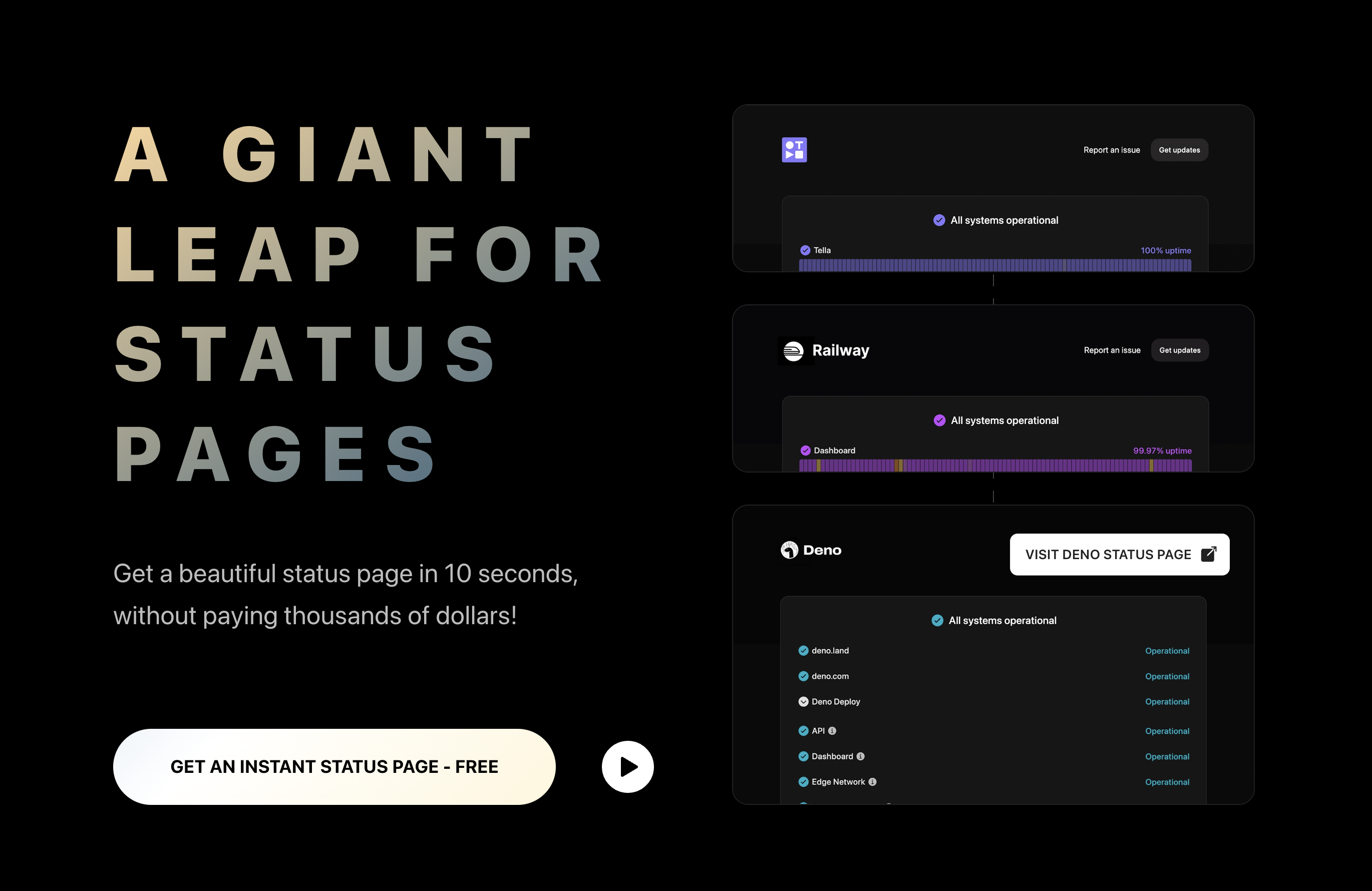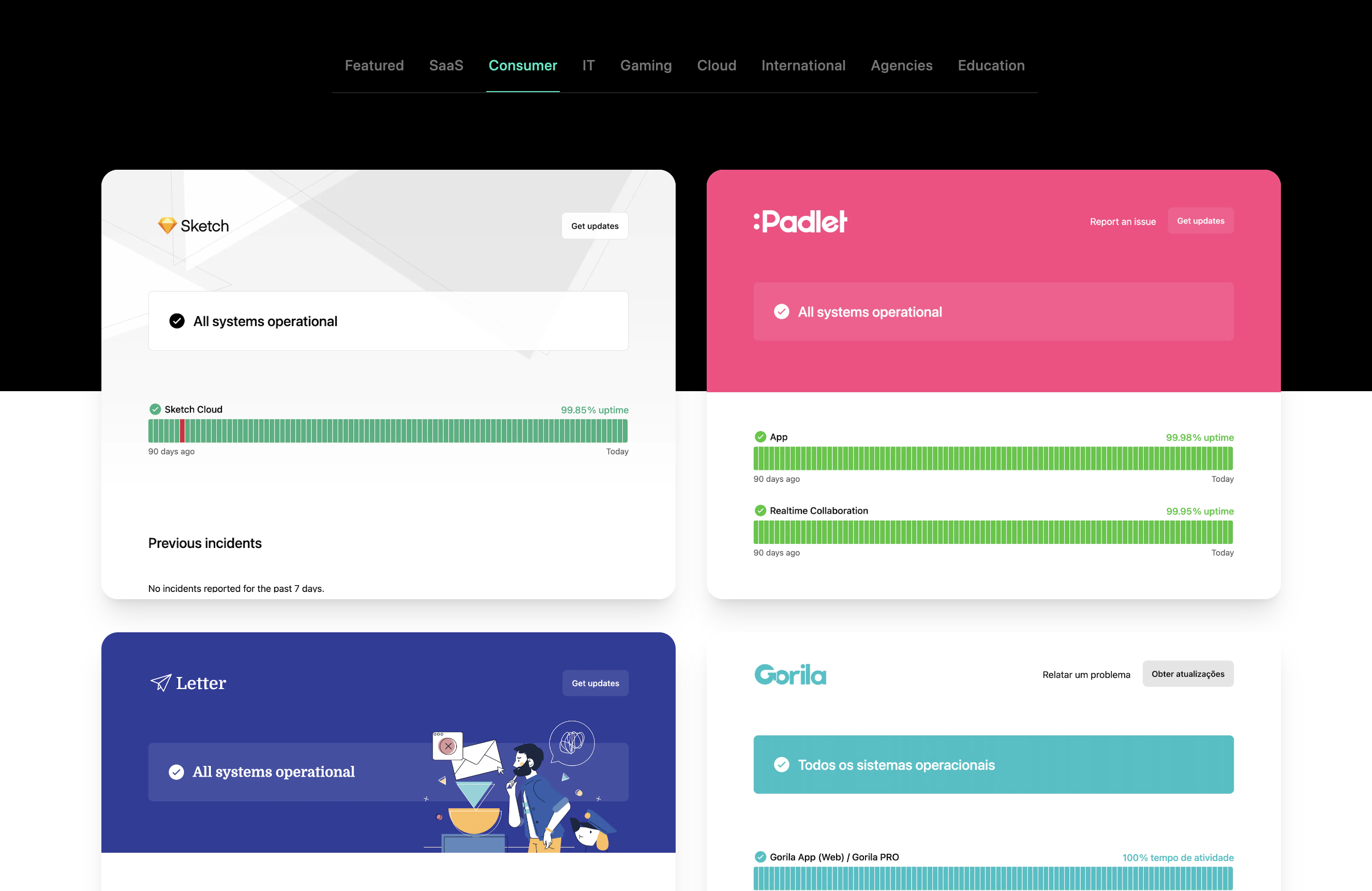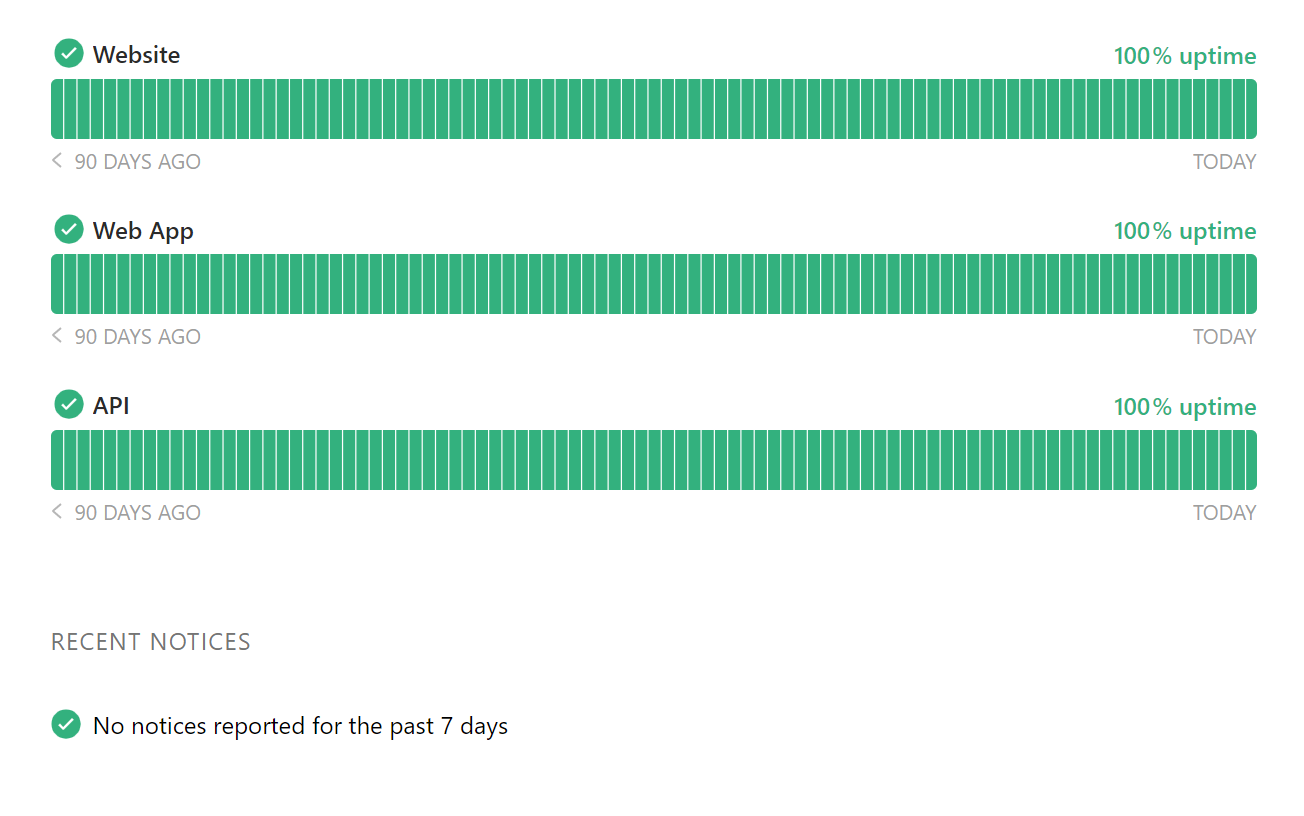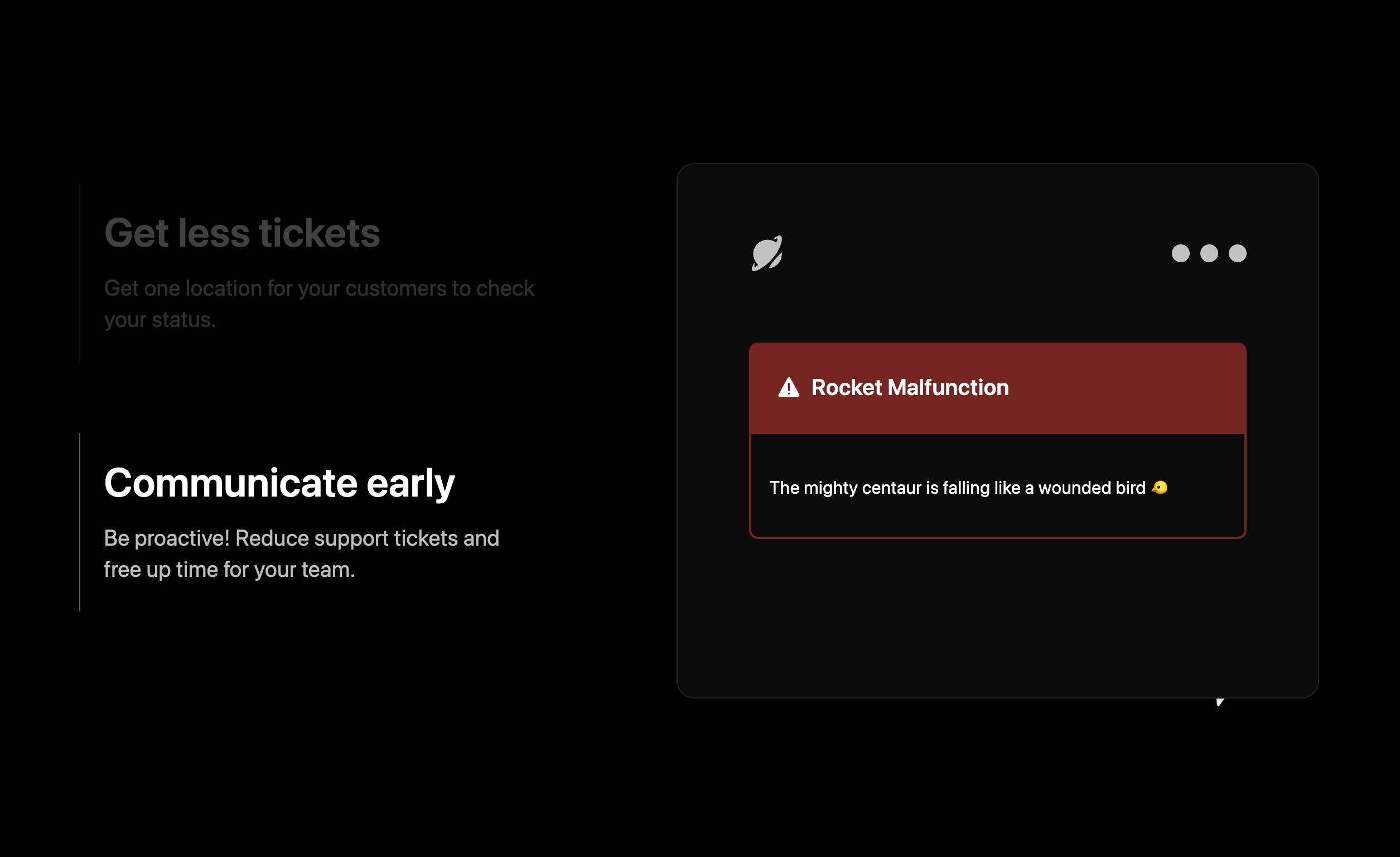Best DevSecOps Tools for Secure Code and Software Development

IT security has always been an essential part of software development, but traditionally, it was one of the last steps. DevSecOps, however, integrate security throughout the entire development process to ensure your code remains secure at all times.
Like with DevOps, DevSecOps makes use of specialized tools such as Instatus, which helps automate your monitoring and incident communication.
Before we get into the different DevSecOps tools you can utilize, let’s start by explaining the concept behind them.
What are DevSecOps Tools?
DevSecOps tools allow you to manage your development, security, and operations in one cohesive workflow. They help automate different parts of the process to streamline tasks like coding, testing, and software deployment.
DevSecOps tools particularly emphasize security management, making sure your code stays secure during app development. They usually offer bug detection and monitoring features, which help you quickly identify risks and vulnerabilities early on in your workflow.
Why are DevSecOps Tools Important?
Eliminates Manual Tasks
DevSecOps tools can automate repetitive tasks like software monitoring, eliminating the need for human interference.
Uniform Security
DevSecOps tools allow you to integrate security operations throughout every lifecycle phase. This ensures that security is a priority right from the get-go rather than something that is optimized toward the end of the development cycle.
Accurately Identifies Vulnerability
These tools help you accurately detect vulnerabilities in your code in real-time. You can get notified whenever issues pop up, allowing you to optimize your DevOps testing on the go.
Criteria to Consider When Choosing DevSecOps Tools
Impact and Visibility Analysis
Your DevSecOps tool should help you determine the severity of your issues and how they impact your software ecosystem.
Good Intelligence Source
Effective DevSecOps tools should have great vulnerability intelligence to keep your security up-to-date with the latest knowledge on cyberattacks.
Automated Governing System
Automated governance is always a bonus when it comes to DevSecOps. You can automate compliance checks to reduce your risk of security or compliance violations.
Best DevSecOps Tools for Secure Code and Software Development
Now it’s time to discuss the best DevSecOps tools out there. There are many to choose from, each with its own specialties, so it’s hard to decide which one is right for you. Luckily, we’ve compiled this list of the best DevSecOps tools to save you hours of manual searching.
If you’re in a hurry, look below for a quick list of the tools we’ll be discussing:
- Instatus: Best for Automated Monitoring Services
- Veracode: Best for Security Management
- Snyk: Best for a Wide Range of Integration Support
- Checkmarx: Best for Industry-Leading Technology
- SonarQube: Best for Free and Open Source Solutions
1. Instatus
Best for Automated Monitoring Services
Instatus allows you to set up your own beautiful status page, which automatically tracks your uptime. You can take notice of issues before customers ask about them to reduce support tickets. This way, your support team isn’t overwhelmed with requests, allowing you to develop a solution much quicker.
Any team member can make updates to the status page at no extra cost, and customers get notified about these changes via email, SMS, or other channels.
Key Features
Customizable Status Pages: Customize your status page to suit your brand and load updates in seconds. Take a look at our extensive gallery for inspiration.
Display Your Uptime: Display your uptime (and uptime history) for various systems, such as API, website, and analytics.
Incident Communication: Showcase issues on your status page to notify customers when your servers are down.
Pricing
Instatus doesn’t charge you based on the number of team members or subscribers. Instead, you’re paying for status pages and access to premium features (e.g., custom domains, SSO, etc.). Anyone can get a status page for free with unlimited teammates and subscribers, but you do have the option to upgrade at any time.
Aside from our free plan, we also offer paid plans for different types of status pages:
- Pro ($20/month — Public Page)
- Business ($300/month — All Pages)
- Private Pro ($50/month — Private Page)
- Select ($100/month — Select Audience)
Pros
- Free plan
- Unlimited teammates and subscribers for every plan
- Yearly invoicing
- Custom domains
- Quick setup
- Multiple ways to notify customers
- Streamlines incident communication
- Automates uptime monitoring
- Displays historical uptime
- IP allows listing
- Teammate SSO
- Multiple types of pages available
Cons
- Limited customizability
- No free plan for private pages
2. Veracode
Best for Security Management
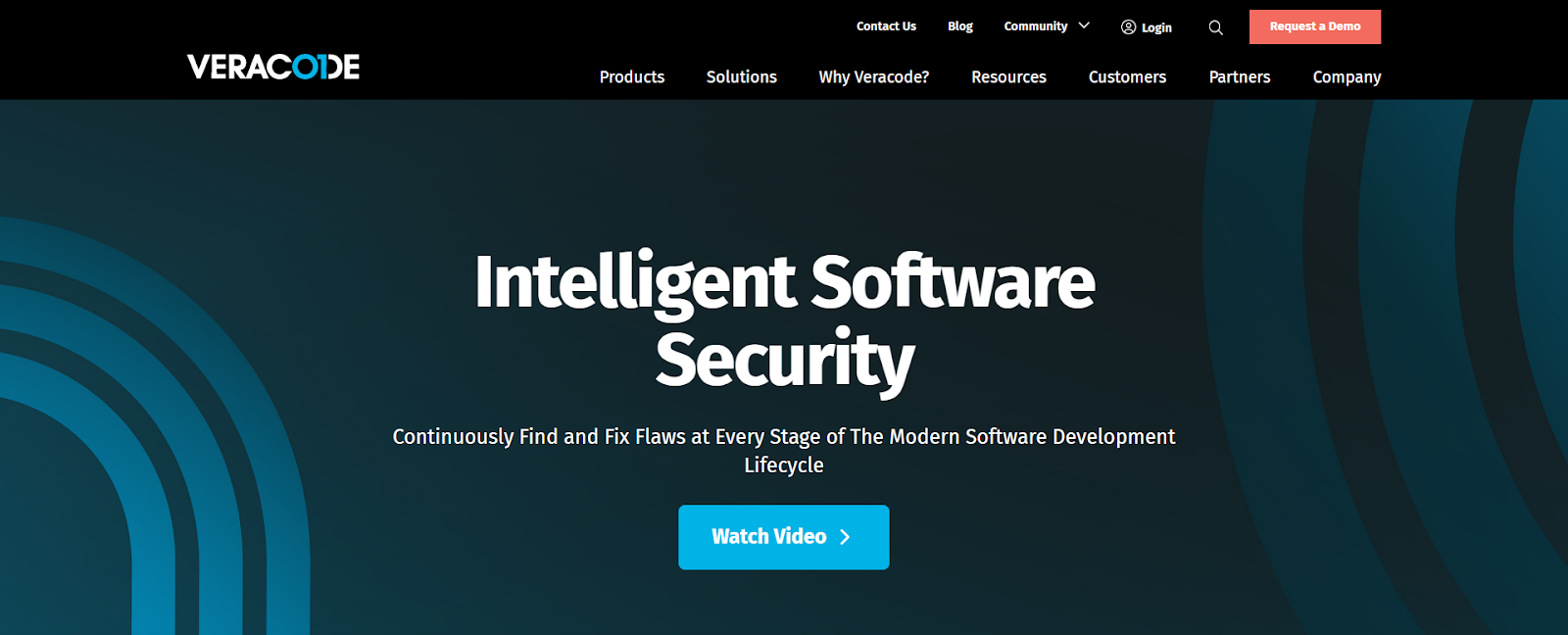
Veracode is a software security platform that helps connect development and security teams together for optimal software management and compliance. Continuously check for flaws at every lifecycle phase, and receive DevSecOps training using their eLearning portal.
Key Features
Intuitive Command Line Interface (CLI) Tool: Increase your workflow efficiency with an easy-use command line tool.
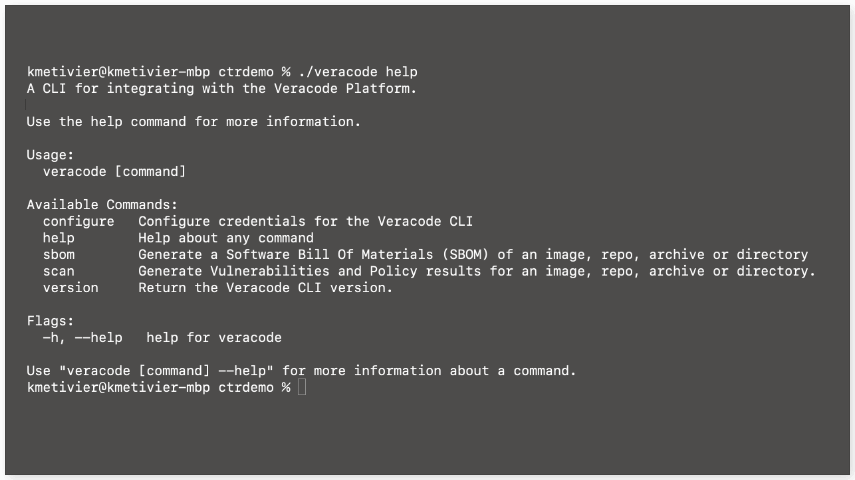
End-to-End Static Scanning: Perform periodic IDE (Integrated Development Environment), policy, and pipeline scans of your code during development to identify and fix vulnerabilities.
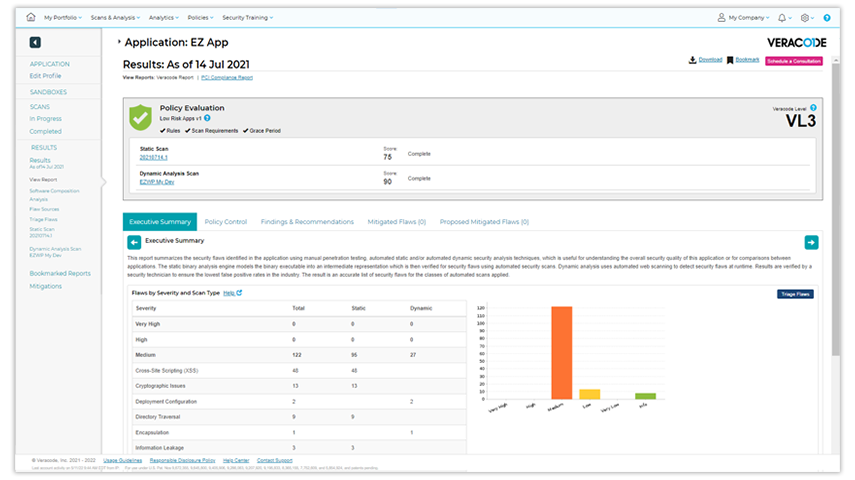
Manage License Risk: Automatically detect new vulnerabilities in your code using their extensive database to avoid compliance violations.
Pricing
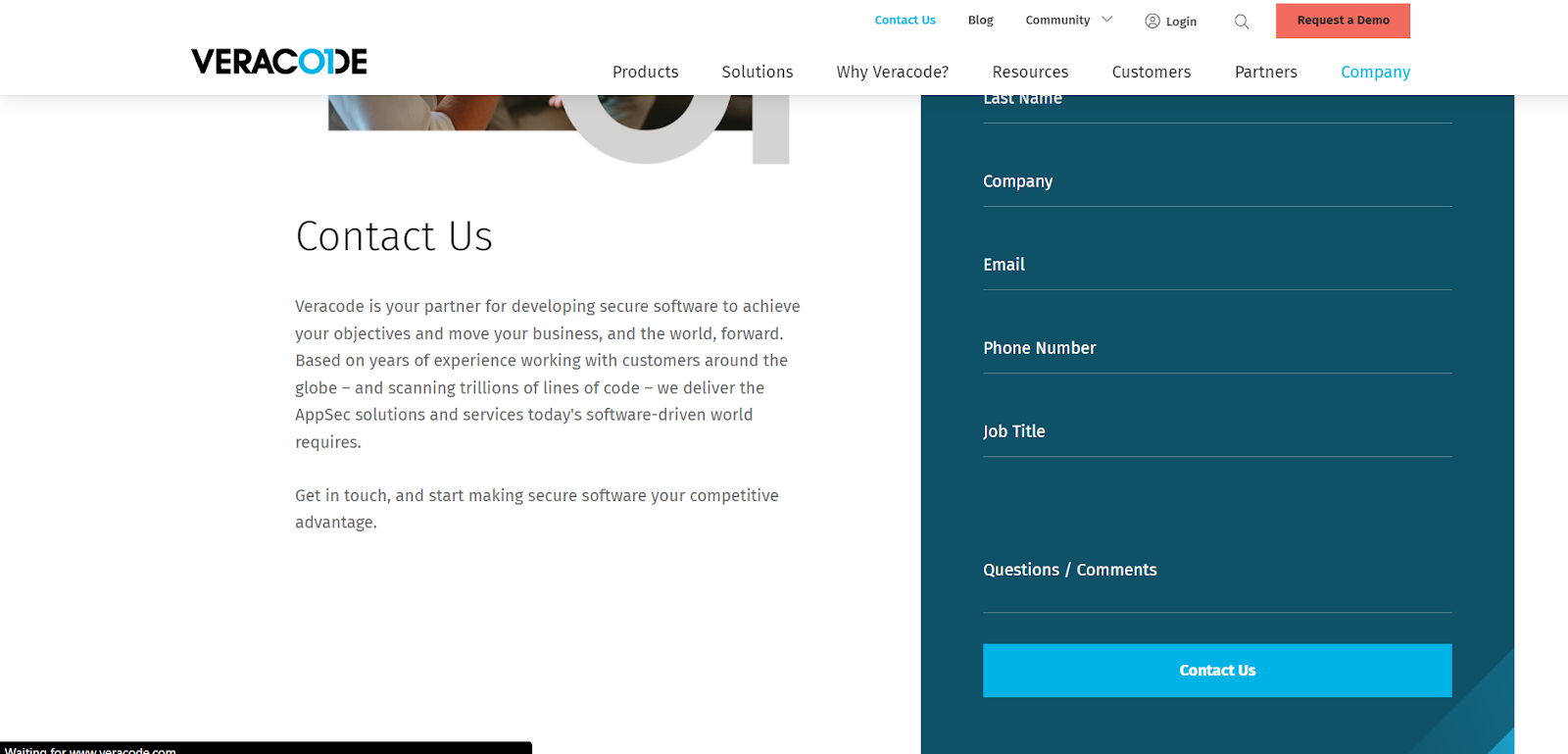
Veracode has no pricing page available, but you can contact them to get a quote or request a free demo.
Pros
- Free demo
- Wide range of features
- Optimizes your security management
- IDE, pipeline, and policy scans
- Automated governance
- eLearning portal
- Hands-on training for developers
- Reduces compliance risks
Cons
- No free plan
- No pricing page (lack of transparency)
- UI is difficult to navigate
3. Snyk
Best for a Wide Range of Integration Support
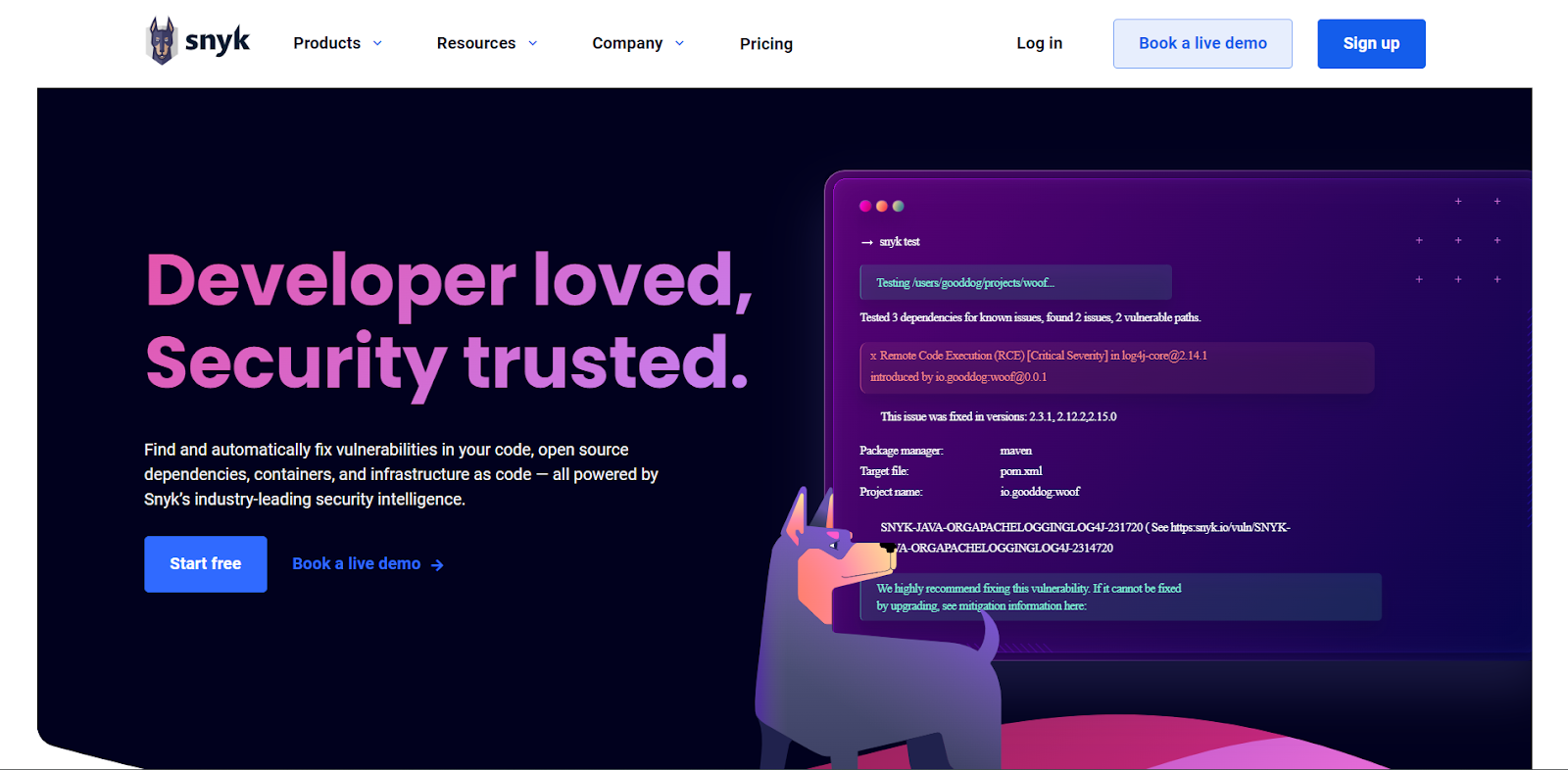
Snyk is a security tool with a lot of integration support, including popular coding languages, various CI/CD tools, IDEs, and compliance frameworks. Detect and fix vulnerabilities in your Infrastructure as Code (IaC), open source dependencies, and more with their high-level security intelligence.
Key Features
Integrated IDE Checks: Easily find vulnerabilities in Kubernetes workloads, base image dependencies, and Dockerfile commands during the coding process to fix issues early on.
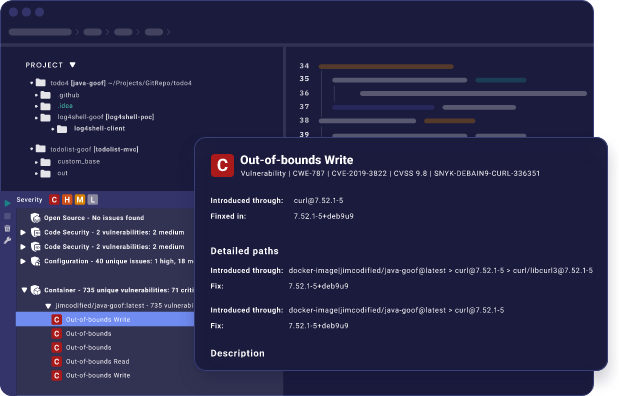
Revolutionary Knowledge Base: They use machine learning to scour millions of open-source libraries to create an extensive knowledge base for their security.
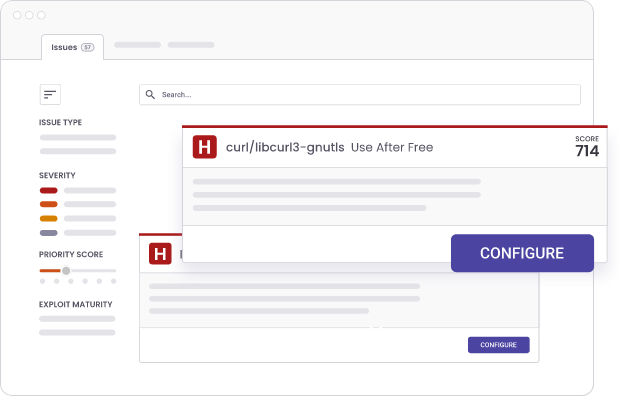
Unified Policy Engine: Use their built-in compliance and security rules, which are mapped to over 10 frameworks, including SOC, PCI, DSS, and more.
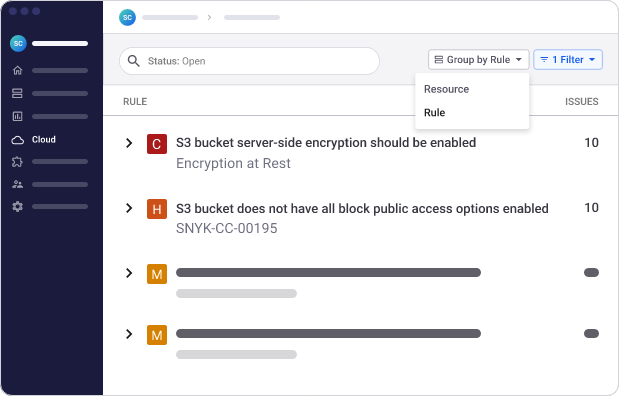
Pricing
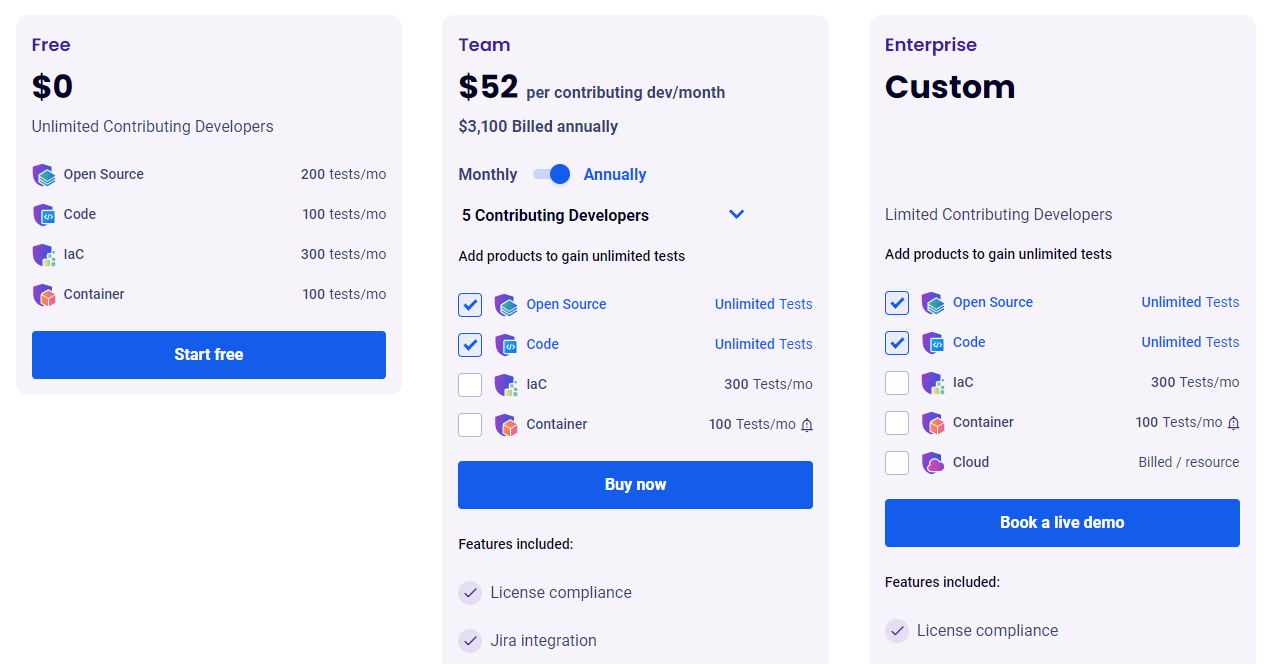
Snyk has a free plan, which comes with unlimited contributing developers and 100-300 tests for each Snyk product. You can upgrade to Team ($52/dev/month) or Enterprise (custom) for unlimited tests, license compliance, and further integrations.
Pros
- Free plan
- Compliance automation
- Unified policy engine
- Supports many programming languages
- Integrates with various CI/CD tools
- Live demo
- Robust knowledge base
- Integrated IDE scans
Cons
- Limited contributing developers
- Unlimited tests for certain products require additional fees
- Many features only available on Enterprise
4. Checkmarx
Best for Industry-Leading Technology
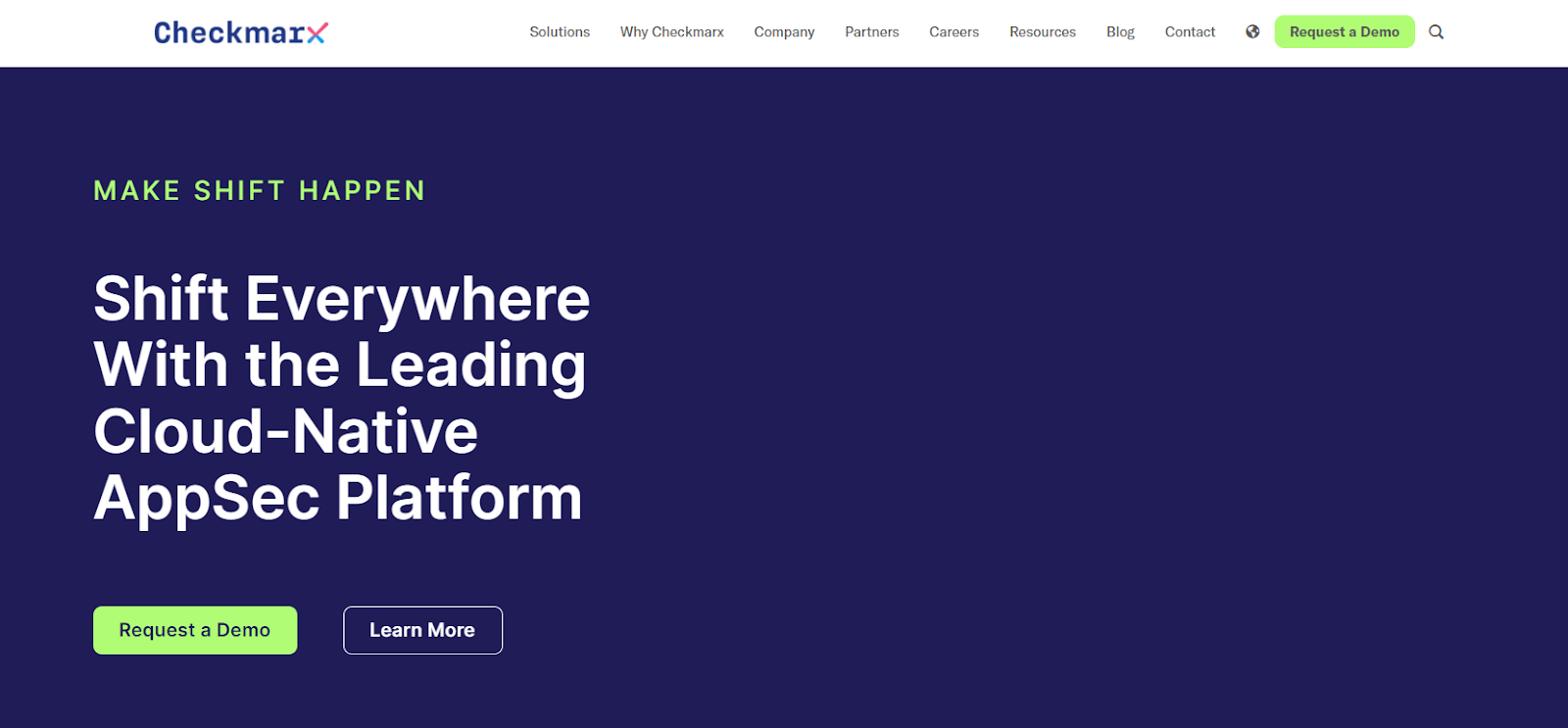
Checkmarx is a cloud-native AppSec tool that utilizes industry-leading technology to help you secure every stage of your software development. The tool allows you to reduce risk across all software components and keep up with the latest security threats.
Key Features
Checkmarx SCA: Their Software Composition Analysis scans your software to identify open source vulnerabilities, gives you update recommendations, and ensures you’re not violating any compliance rules.
Checkmarx Fusion: Fusion allows you to compare your IaC scans to results from other scan engines to determine which issues need prioritizing.
Checkmarx SCS: Supply Chain Security monitors all published and open source packages to check for malware and notifies you when they do.
Pricing

Checkmarx doesn’t have any pricing information on their website, but they do have a free demo available. You can also submit a query or call them to ask about their prices.
Pros
- Free demo
- Industry-leading technology
- Innovative solutions
- Wide range of security features
- Efficient risk management
- Notifies you about malicious packages
- Ensures license compliance
- Easy to prioritize issues
- In-class secure code training
Cons
- No pricing page
- Primarily targets large-scale organizations
- No free plan
5. SonarQube
Best for free and open-source solutions
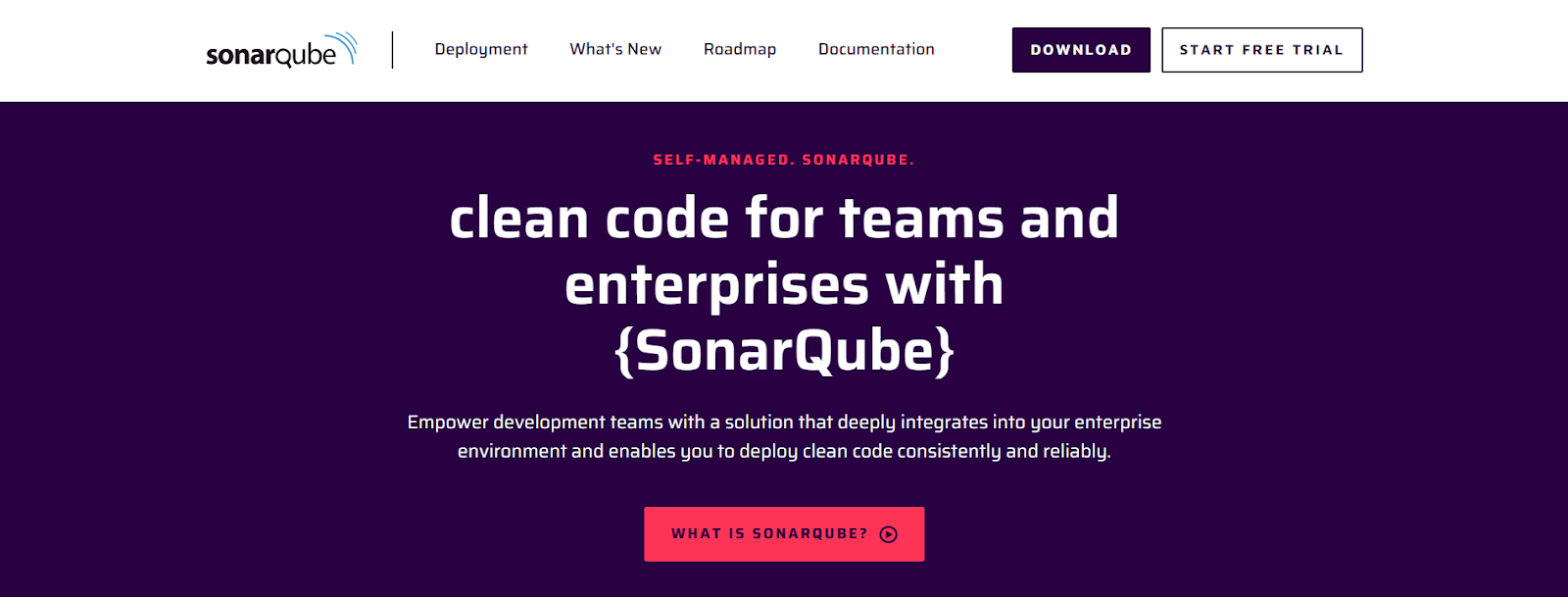
SonarQube helps you build secure code with free, open-source solutions, which include their SonarQube Community Edition and SonarLint (IDE plugin). Receive real-time insights into your workflow and keep your code clean at every step.
Key Features
SonarQube: Receive enterprise-level reporting with PDF reports, security reports, and executive aggregation to make risk assessment easier.
SonarLint: Their free IDE plugin underlines coding issues for you to make them easier to find.
SonarCloud: Integrate this code review tool into your cloud DevOps platforms and perform automated checks in your pipeline.
Pricing
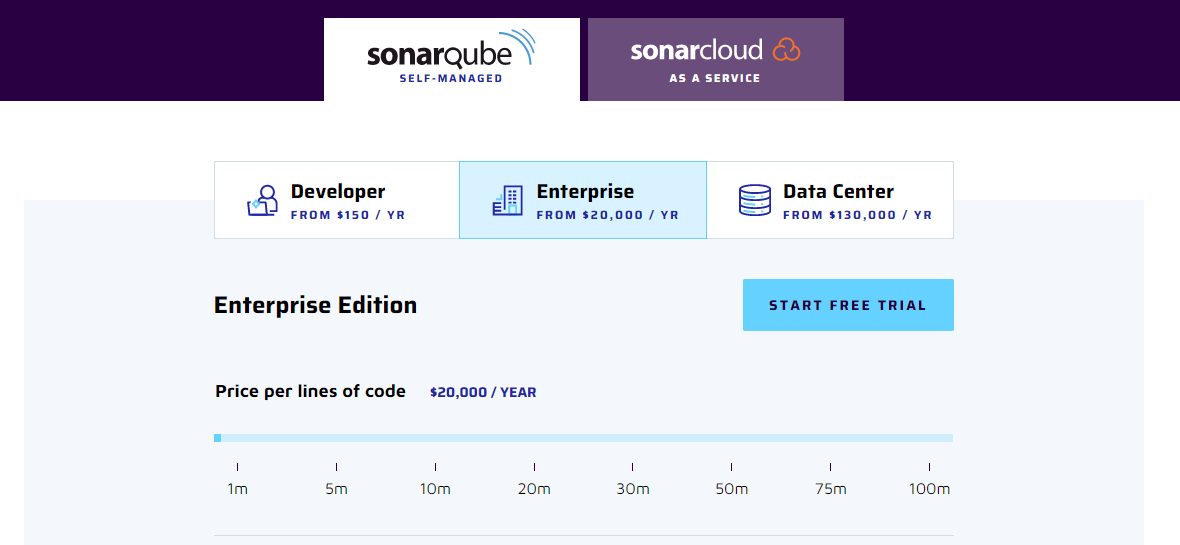
SonarQube offers both free and paid products. SonarQube Community Edition, SonarLink, and SonarCloud are completely free for open-source projects. If you want to keep your code private, you’ll need to upgrade to one of the following:
- SonarQube Developer Edition ($150/year for 100,000 lines of code (LOC))
- SonarQube Enterprise Edition ($20,000/year for 1 million LOC)
- SonarQube Data Center Edition ($130,000/year for 20 million LOC)
- SonarCloud ($10/month for 100,000 LOC)
SonarQube and SonarCloud both share a lot of features, such as native integration, branch analysis, and SolarLint integration. The biggest difference is that SonarQube offers a lot more features, including reporting, audit trailing, and security engine customization.
Pros
- Free version
- Free IDE plugin
- Open source solutions
- Supports dozens of programming languages
- Automated checks
- Coding issues are underlined
- Helps you build high-quality code faster
- Code review tool
- Reporting
Cons
- You have to pay to create private projects
- Sometimes misses coding issues
- Creating custom rules can be difficult
Conclusion
Security is an essential aspect of DevOps, so it should never be overlooked during development. That’s why it’s beneficial to integrate security checks into every stage with DevSecOps. Optimize your security management with tools like Instatus, which automates your software monitoring.
With Instatus, you can constantly track your uptime and identify issues before customers take notice. Get started for free today to set up your own status page in just 10 seconds.
Get ready for downtime
Monitor your services
Fix incidents with your team
Share your status with customers

